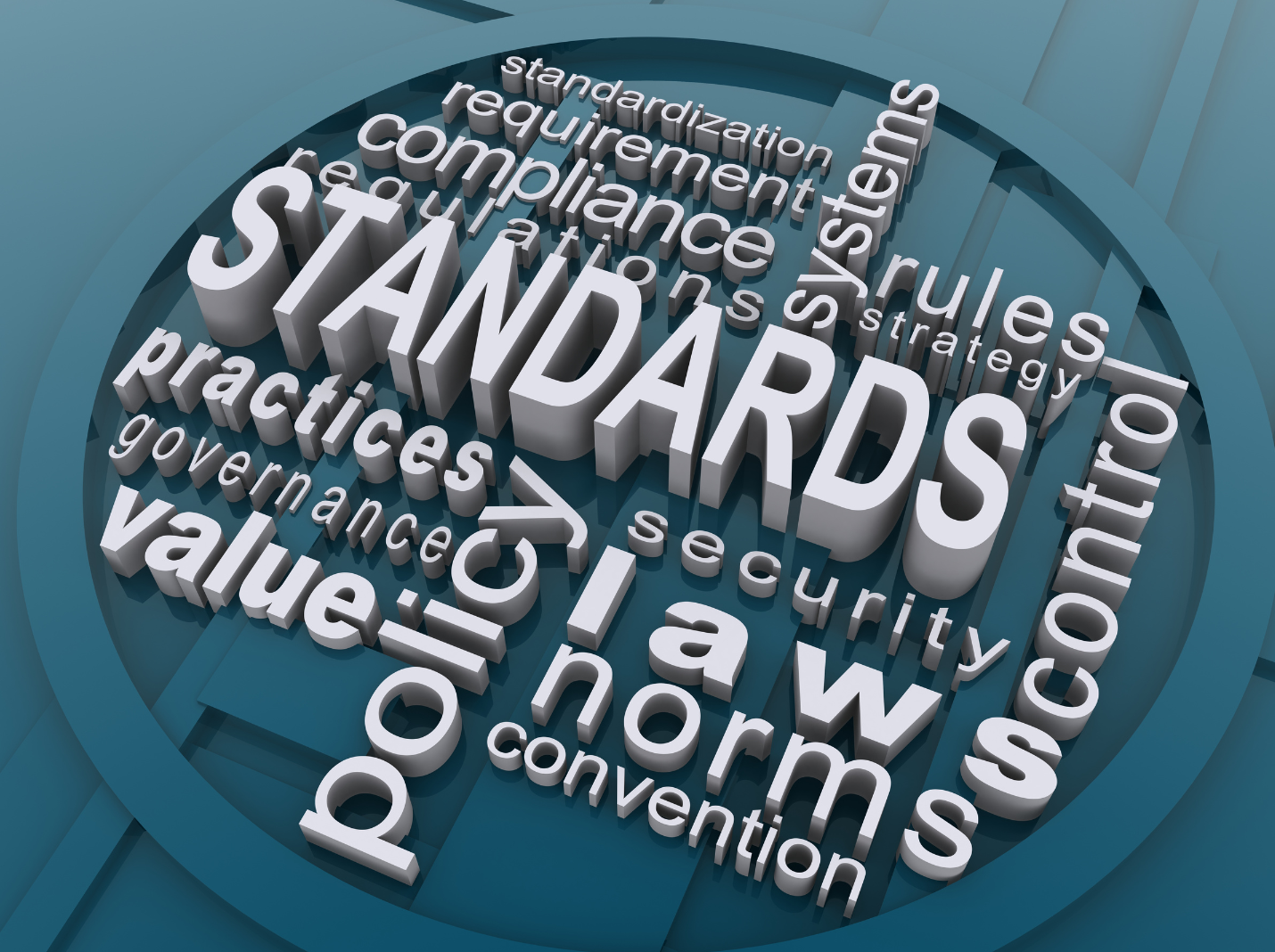The Crucial Role of Testing Lithium Batteries
Ensuring Quality & Safety
Batteries power an ever-expanding array of devices, from smartphones to electric vehicles and renewable energy systems. Ensuring the safety and quality of batteries is paramount to protect consumers and maintain trust in technology. Battery testing and certification from a reputable laboratory are crucial. LabTest Certification Inc. can test and certify batteries according to multiple standards for different markets around the globe. Such standards are developed by Accredited Standards Developers, such as UL standards for the United States, CSA standards for Canada, IEC (International Electrotechnical Committee), and ISO standards (for specific markets around the world), and they play a vital role in achieving these goals. In this article, we will explore the significance of these certification standards in ensuring product quality and how LabTest helps its lithium battery customers achieve their testing and certification goals.
UL Standards for the USA and CSA Standards for Canada
The application of CSA SPE-1000:21 to lighting products, including advanced  LED lights, plays a crucial role in ensuring their safety and compliance. The standard recognizes situations where conventional certification might not be practical or available, especially for lighting products with custom configurations or limited production runs.
LED lights, plays a crucial role in ensuring their safety and compliance. The standard recognizes situations where conventional certification might not be practical or available, especially for lighting products with custom configurations or limited production runs.
It applies to limited quantities, as little as one unit and a maximum of 500 units/model/year/manufacturer’s facility and is performed on a complete system. The Model Code addresses the construction, markings, and test requirements that the equipment must meet before it can be labeled. The evaluation consists in an inspection of the product, components, and drawings and tests are performed (onsite or at the lab), as per the reference standard, to confirm compliance. The product is then labeled with the “LC Special Inspections Label”, and it can be sold in Canada. The labelling of each unit must be performed by a LabTest inspector. Lastly, local authorities will verify the correctness of the installation and electrical connection.
The field evaluation process, as outlined in CSA SPE-1000:21, guarantees that lighting products meet safety and compliance standards, regardless of their unique attributes.

IEC Standards for International Markets Currently Accepted by 89 Signing Members
IEC is an international standards organization that develops and publishes standards for a wide range of electrical and electronic technologies, including batteries. LC can test as per the IEC standards and provide the related safety test reports in the IEC format with the trust and confidence that the product has been tested by an accredited ISO 17025 Laboratory. IEC battery standards are globally recognized and significant for the following reasons:
a. Global Compatibility: IEC standards provide a common framework for manufacturers worldwide, ensuring that batteries are compatible with different systems and devices.
b. Harmonization: IEC standards often align with regional and national regulations, promoting consistency and simplifying compliance efforts.
c. Innovation Support: IEC standards encourage innovation by setting performance and safety benchmarks that manufacturers can aim for in their battery designs.
ISO (International Organization for Standardization)
ISO is a global standardization body that covers a broad spectrum of industries, including
a. Quality Assurance: ISO standards emphasize quality management and help manufacturers establish robust processes to maintain product consistency.
b. Environmental Impact: ISO standards also address the environmental impact of batteries, including recycling and disposal practices, contributing to sustainability efforts.
c. Market Access: ISO certification can facilitate market access by demonstrating a commitment to quality and environmental responsibility.

The Significance in Ensuring Product Quality
The significance of battery certification standards in ensuring product quality cannot be overstated. Here is how they contribute:
Safety: Battery certification standards prioritize safety, reducing the risk of accidents, such as thermal runaway or fires, which can result from poorly designed or manufactured batteries.
Compatibility: Standards like IEC standards ensure that batteries are compatible with various devices and systems, preventing compatibility issues and enhancing the user experience.
Global Reach: Certification standards facilitate global market access, allowing manufacturers to reach a broader customer base and expand their business internationally.
Trust and Reputation: Certified batteries inspire trust among consumers and industry stakeholders, leading to greater brand reputation and customer loyalty.
Compliance with Regulations: Certification standards often align with regulatory requirements, simplifying compliance efforts and reducing the likelihood of legal issues.


The Importance of a Trusted 3rd Party in Testing Lithium Batteries
Manufacturers and consumers alike can benefit from testing and certifying their products according to these standards with a knowledgeable and trustworthy Testing and Certification Body, such as LabTest Certification Inc. (LC), providing a common language for the desired market (cLCus Mark for Canada and the U.S.A.), ensuring safety, and enhancing the overall quality of batteries. As battery technology continues to evolve, adherence to these standards as well as supporting innovation and promoting product quality within the industry will remain essential to harness the full potential of batteries in powering our modern world.
It’s important for manufacturers and users of lithium batteries to be aware of and adhere to these standards to ensure the safe and effective use of these power sources. Compliance with these standards is essential for market acceptance and safety.
For additional information on Battery Testing or to receive a quotation, please contact LabTest Certification Inc. at info@labtestcert.com or Call Us toll free at 1-855-346-0444, or visit https://labtestcert.com/batteries-testing-services/.

